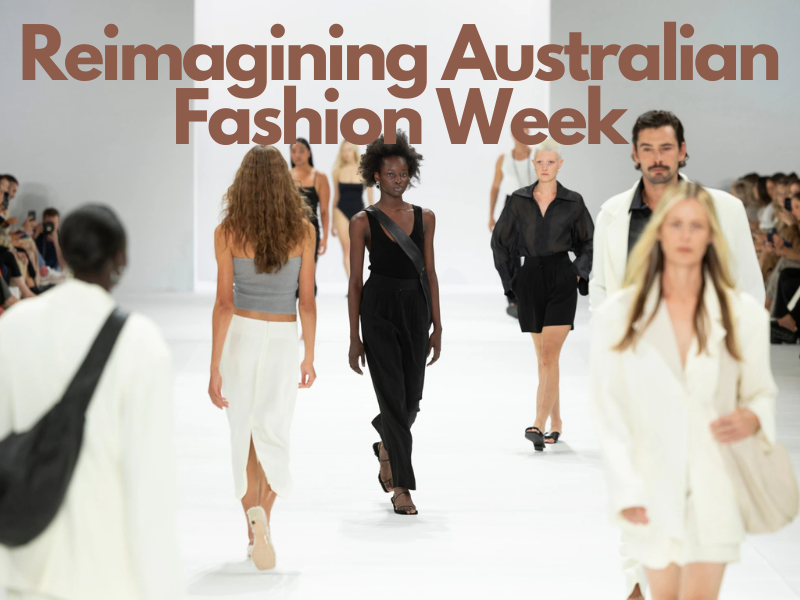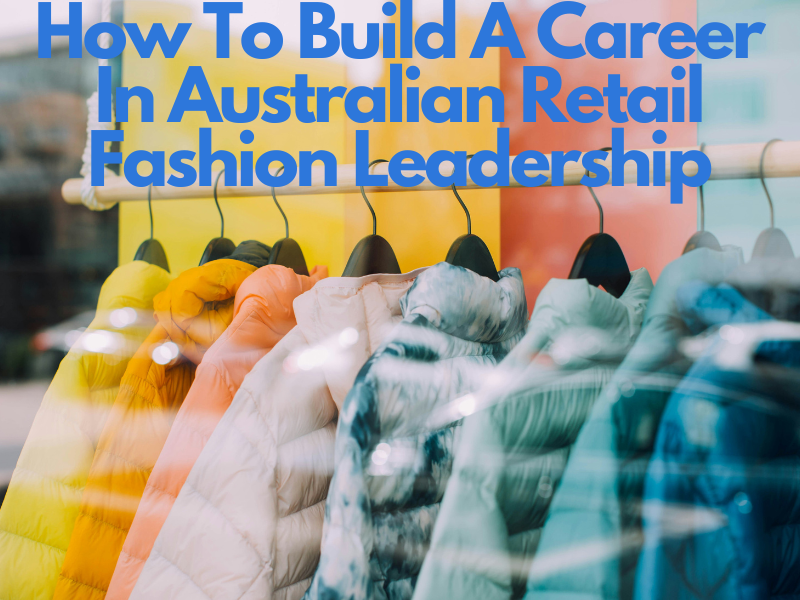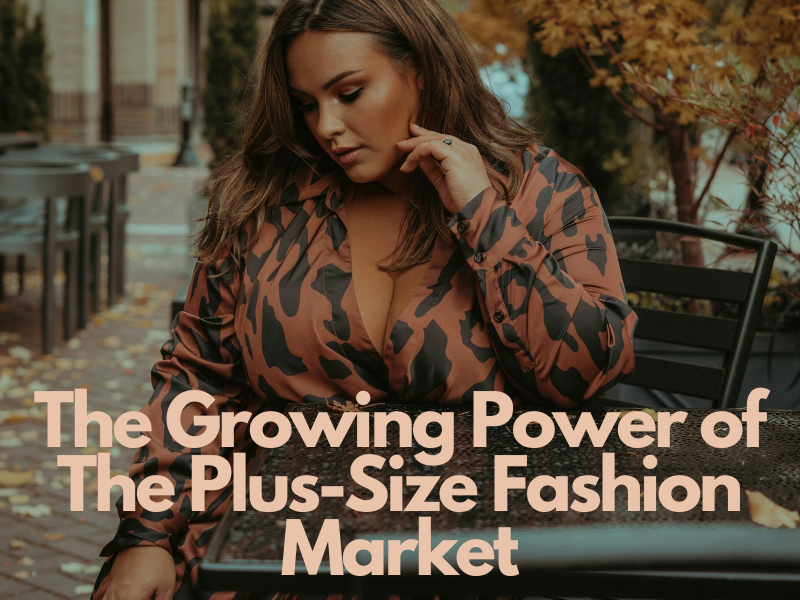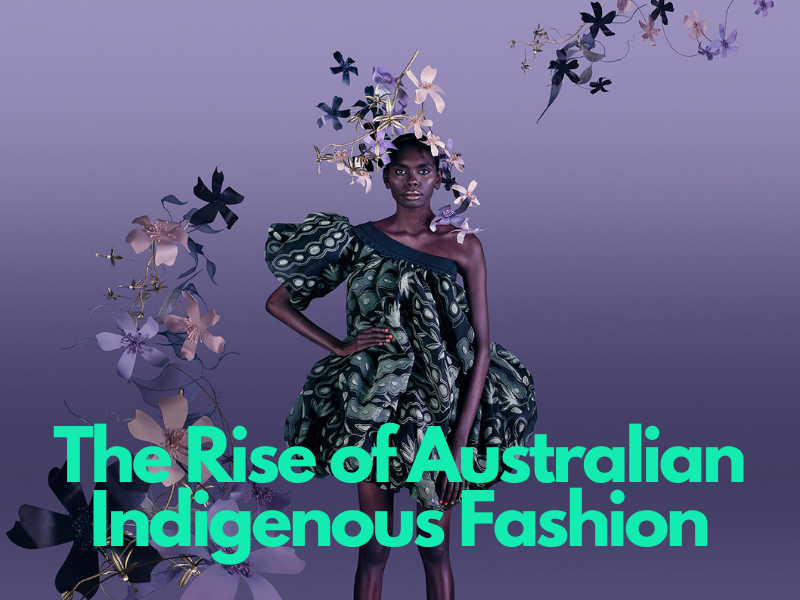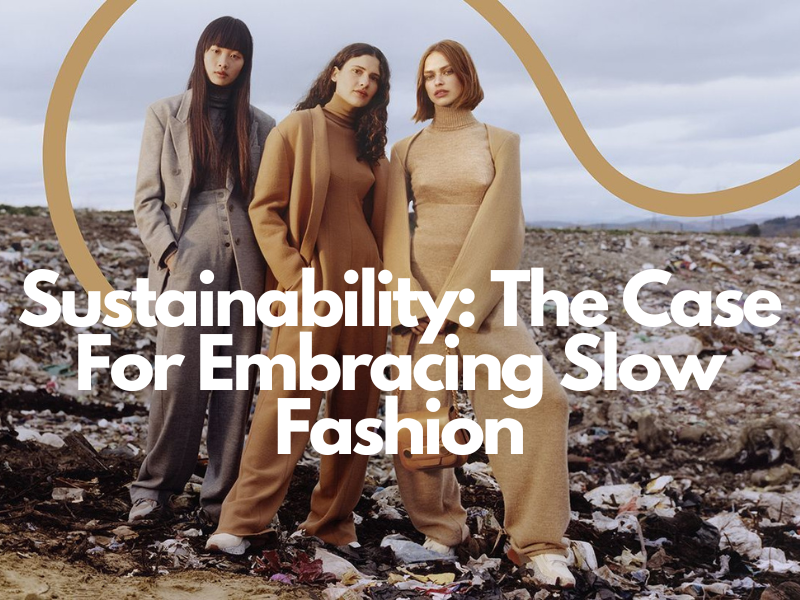How The Australian Economy Impacts The Fashion Industry
As Australia deals with economic uncertainty, the effects are evident across a range of industries, and fashion is no exception. From shifting consumer behaviors to heightened environmental awareness, the relationship between the economy and fashion is reshaping the industry landscape.
Financial Pressures Have Reshaped Spending Habits
Rising inflation and financial pressures are causing Australians to rethink discretionary spending. Luxury and non-essential fashion purchases are taking a backseat as consumers focus on necessities. Monash University’s research reveals a significant shift, with Australians opting for fewer but more versatile wardrobe staples. This prudent approach underscores the need for fashion brands to adapt to more value-conscious buyers.
Australia’s Love Affair with Fashion and Its Consequences
Despite economic challenges, Australians remain some of the world’s biggest consumers of fashion, purchasing an average of 27 kilograms of new clothing annually, according to The Australia Institute. However, this appetite for fashion fuels a waste crisis, raising urgent questions about sustainability. In a tightening economy, high consumption calls for better balance between economic activity and environmental responsibility.
Challenges for Fashion Brands
For Australian fashion brands, the economic slowdown presents a dual challenge: maintaining affordability while upholding quality. Local designers and retailers are pivoting towards value-based products to sustain customer loyalty. As Vogue Business reports, brands are innovating by offering versatile, high-quality pieces that resonate with financially cautious consumers. This trend aligns with the growing demand for ‘slow fashion’ over fast fashion.
A Push for Sustainability
Economic pressures are also causing a shift towards sustainability in the fashion industry. Advocacy groups are urging the Australian government to follow France’s lead by implementing taxes on ultra-fast fashion brands to discourage wasteful practices. ABC News highlights these calls as pivotal in addressing the environmental challenges posed by the industry. As consumers become more eco-conscious, brands that prioritise ethical practices stand to gain a competitive edge.
The Road Ahead For Australian Fashion
The mix of economic constraints and sustainability concerns is driving innovation in Australia’s fashion industry. Brands that can balance affordability with ethical and sustainable practices are likely to thrive. As Australians adjust their spending habits, the industry’s ability to adapt will determine its resilience.
In navigating this complex landscape, collaboration between policymakers, brands, and consumers is essential. By embracing sustainable innovation and responding to changing consumer priorities, the Australian fashion industry can weather economic challenges while paving the way for a more ethical future.
What shifts have you noticed in Australian fashion, as a result of economic changes? We'd love to hear.
Tanya, Amy, Natalie and Jackie at Permanser Consulting
Permanser Consulting - Recruitment Specialists - Fashion/Textile/Lifestyle/Accessories Industries
E admin@permanser.com.au
P (03) 9654 5988


